One year after reaching Europe, the Covid-19 pandemic has left a profound mark on the Western Balkans.
It has exacerbated geopolitical dynamics that had been ongoing for decades. While the EU has continued to be inconclusive, proceeding at a snail’s pace with its carrot-and-stick approach, China has seized the opportunity and expanded its footprint.
The pandemic has also had major consequences for domestic politics. Local trends can largely be summarised using the terms ‘continuity’ and ‘new hope’, with both these notions very much on display in the Balkans and shaping the speed and direction of democratic transitions, which remain far from complete.
How has geopolitical competition among the superpowers developed in the Balkans over the last year? What effects has the pandemic had on local democratic standards?
Is there room for new hopes in terms of regime change and citizen participation?
ISPI. L’ISPI è un think tank indipendente dedicato allo studio delle dinamiche politiche ed economiche internazionali fondato nel 1934. È l’unico istituto italiano – e tra i pochissimi in Europa – ad affiancare all’attività di ricerca un significativo impegno nella formazione, nella convegnistica e nell’analisi dei rischi e delle opportunità a livello mondiale per le imprese e le istituzioni. L’ISPI privilegia un approccio interdisciplinare e “policy-oriented” reso possibile da un team di ricerca di oltre 50 analisti e può inoltre contare su un network internazionale di 70 università, think tank e centri di ricerca. Nella classifica redatta dall’Università di Pennsylvania, l’ISPI si è posizionato al primo posto al mondo tra i “Think Tank to Watch” nel 2020.
DATI BIBLIOGRAFICI
A cura di: Giorgio Fruscione
Editore: Ledizioni
Collana: Pubblicazioni ISPI
Pubblicato in: aprile 2021
Lingua: inglese
Formato: brossura 126 p. – ePub
ISBN cartaceo: 9788855264716
ISBN ePub: 9788855264723
Prezzo cartaceo: 12 €
Prezzo ePub: 6,99 €


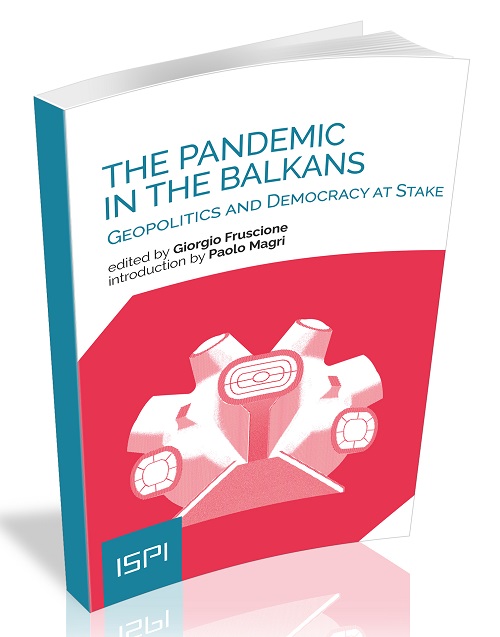
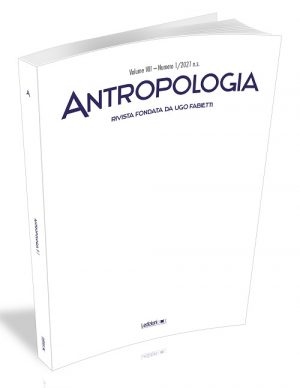
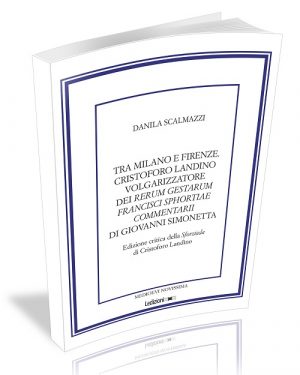






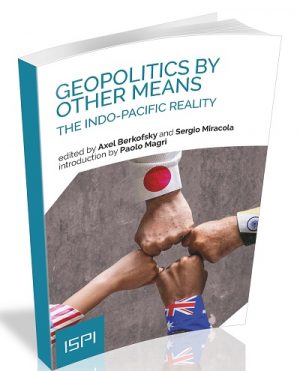
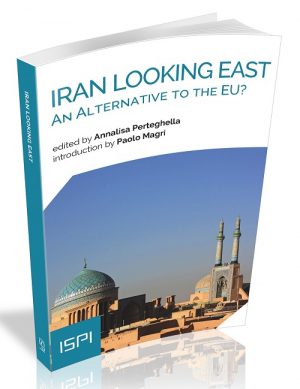
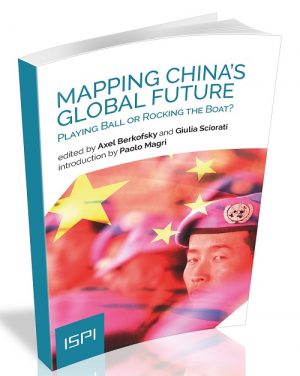

Recensioni
Ancora non ci sono recensioni.